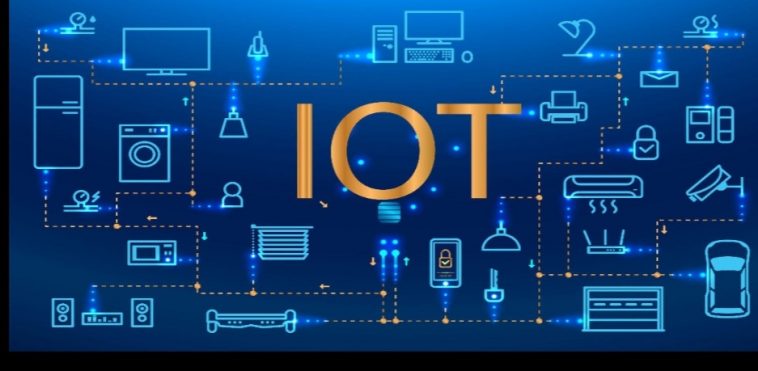The adoption of the Internet of Things (IoT) technology is on the rise in Nigeria, following the global trend which has seen spending on IoT devices and services reach $128 billion. Here are five areas where IoT is making an impact in Nigeria:
Smart Devices for Home Automation
In Nigeria, the adoption of smart home devices like smart lighting, thermostats, and security systems has increased significantly. These devices offer convenience and energy efficiency, making them popular with homeowners.
Industrial Automation
IoT technology is being used to automate industrial processes, which has led to increased efficiency, reduced costs, and improved safety in the workplace. This has made it an attractive option for businesses looking to improve their operations.
Healthcare
IoT technology is being used in healthcare to monitor patients remotely, improve the accuracy of diagnoses, and provide real-time data to healthcare professionals. This has improved the quality of healthcare in Nigeria, particularly in rural areas where access to healthcare is limited.
Agriculture
IoT technology is being used in agriculture to monitor crop growth, soil quality, and weather conditions. This data helps farmers make informed decisions about when to plant, water, and harvest crops, resulting in increased yields and reduced waste.
Smart Cities
IoT technology is being used to make Nigerian cities smarter and more efficient. Smart traffic management systems, waste management systems, and public safety systems are all being implemented to improve the quality of life for Nigerian citizens.
In conclusion, the adoption of IoT technology in Nigeria is on the rise, with significant progress being made in smart home devices, industrial automation, healthcare, agriculture, and smart cities.
As global spending on IoT devices and services continues to grow, it is expected that IoT will continue to make a significant impact on various sectors of the Nigerian economy.
Original article: https://guardian.ng/business-services/iot-technology-adoption-in-nigeria-rises-as-global-spending-hits-128b/



